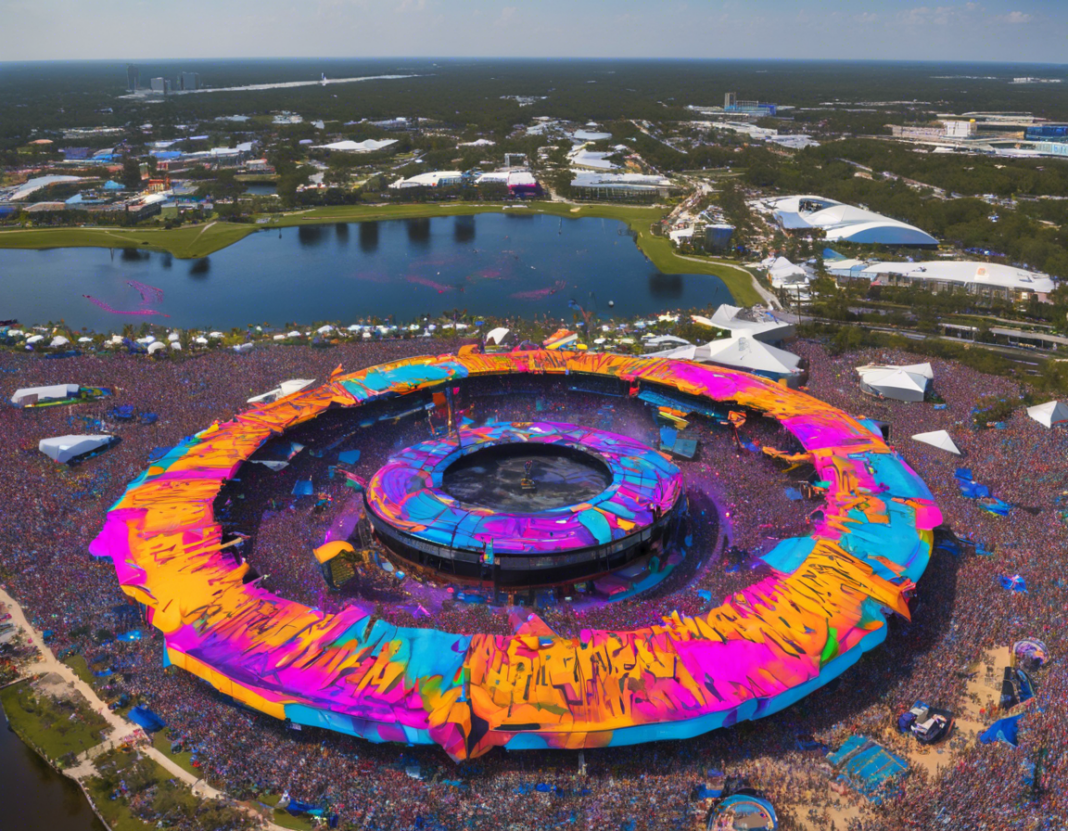Introduction
Sunburn Orlando is a common concern for many residents and visitors due to the city’s sunny weather and numerous outdoor activities. Sunburn can occur when the skin is overexposed to the sun’s ultraviolet (UV) radiation, leading to redness, pain, peeling, and long-term skin damage. In this comprehensive guide, we will explore everything you need to know about sunburn in Orlando, including prevention tips, treatment options, and how to enjoy the sun safely.
Understanding Sunburn
Sunburn is the skin’s response to excessive UV exposure, which damages the DNA in skin cells. The body’s inflammatory response to this damage leads to the characteristic redness, pain, and swelling associated with sunburn. Ultraviolet A (UVA) and Ultraviolet B (UVB) rays from the sun are primarily responsible for sunburn, with UVB rays causing more immediate damage while UVA rays penetrate deeper into the skin, causing long-term effects like premature aging and skin cancer.
Factors Affecting Sunburn Risk in Orlando
Orlando’s latitude and proximity to the equator mean that the sun’s rays are stronger, especially during the summer months. Additionally, factors such as altitude, time of day, and reflection from surfaces can increase UV exposure. People with fair skin, light-colored hair, and a history of sunburn are at higher risk of burning. Certain medications, such as antibiotics and acne treatments, can also make the skin more sensitive to sunlight.
Preventing Sunburn
Prevention is key when it comes to sunburn, especially in a sunny destination like Orlando. Here are some tips to protect your skin:
1. Use Sunscreen: Apply a broad-spectrum sunscreen with an SPF of 30 or higher 15 minutes before going outside. Reapply every two hours, more frequently if swimming or sweating.
2. Seek Shade: Limit direct sun exposure between 10 a.m. and 4 p.m. when the sun’s rays are strongest. Use umbrellas, hats, and clothing to create shade.
3. Wear Protective Clothing: Cover up with lightweight, long-sleeved shirts, pants, and wide-brimmed hats. UV-blocking clothing offers extra protection.
4. Wear Sunglasses: Choose sunglasses that block 100% of UVA and UVB rays to protect your eyes and the sensitive skin around them.
5. Avoid Tanning Beds: Indoor tanning devices emit UV radiation that can be even more intense than the sun.
Treating Sunburn
Despite best efforts, sunburn can still occur. If you or someone you know gets sunburned, here are some treatment options:
1. Cool Compresses: Apply a cold, damp cloth to the affected area to help reduce inflammation and discomfort.
2. Moisturize: Use a gentle, hydrating lotion or aloe vera gel to soothe the skin and prevent peeling.
3. Hydrate: Drink plenty of water to prevent dehydration, which can worsen sunburn symptoms.
4. Pain Relief: Over-the-counter pain medications like ibuprofen can help reduce pain and inflammation.
5. Avoid Further Sun Exposure: Protect the sunburned skin from additional UV exposure until it has healed completely.
FAQs
Q1. Can I get sunburned on a cloudy day in Orlando?
A: Yes, up to 80% of the sun’s UV rays can penetrate clouds, so it’s still possible to get sunburned on a cloudy day. Always wear sunscreen, especially if you’ll be outside for an extended period.
Q2. How long does it take to get sunburned in Orlando?
A: The time it takes to get sunburned varies based on factors like skin type and UV index. Fair-skinned individuals can burn in as little as 10-15 minutes during peak sun hours.
Q3. Should I wear sunscreen indoors in Orlando?
A: UV rays can still penetrate windows and cause skin damage, so wearing sunscreen indoors is a good practice, especially if you’re near windows or spending long periods in sunlight.
Q4. Can sunburn cause long-term skin damage?
A: Yes, repeated sunburns can lead to premature aging, wrinkles, and an increased risk of skin cancer. Protecting your skin from the sun is essential for long-term skin health.
Q5. Is it safe to pop blisters from sunburn?
A: It is not recommended to pop sunburn blisters as it can increase the risk of infection. Blisters are the body’s way of protecting the damaged skin underneath.
In conclusion, preventing sunburn in Orlando requires proactive measures such as sunscreen use, seeking shade, and wearing protective clothing. If sunburn occurs, prompt treatment and proper hydration can help alleviate symptoms and support skin healing. By understanding the risks and taking necessary precautions, you can enjoy the sunny weather in Orlando while keeping your skin healthy and protected.
